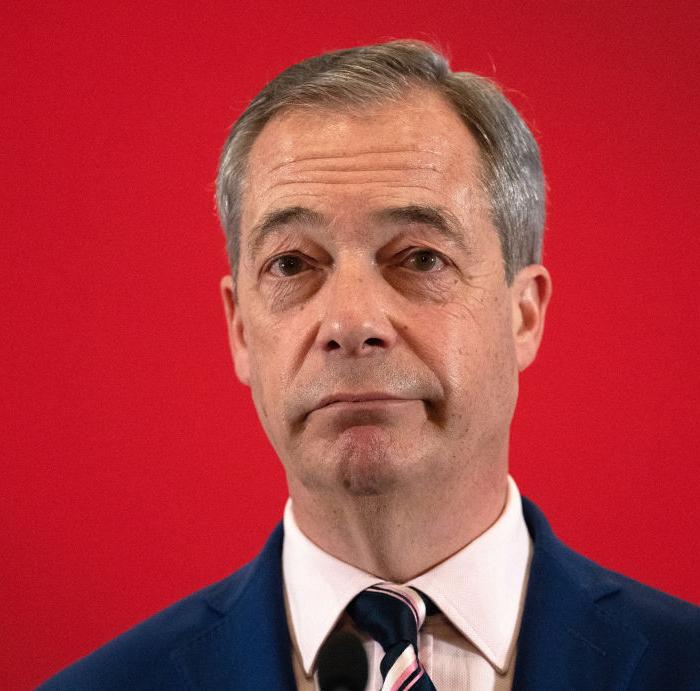NatWest has bought back £1 billion of its shares from the government, bringing the banking group one step closer to full privatisation, more than 15 years after the financial crisis bailouts.
The taxpayer-backed bank said on Monday it had bought 263 million shares from the Treasury at a price of 380.8p a share, bringing down government ownership of NatWest from 14.81 percent to 11.4 percent.
Paul Thwaite, the chief executive of NatWest Group, said the transaction “represents another important milestone on the path to full privatisation.”
“We believe it is a positive use of capital for the bank and for our shareholders and we are pleased with the sustained momentum in reducing HM Treasury’s stake in NatWest Group throughout this year,” Thwaite added.
During the 2008-2009 global financial crisis, taxpayers footed the bill to prop up the Royal Bank of Scotland, now known as NatWest Group, through several multi-billion-pound bailouts, with the government acquiring 84 percent of shares.
As well as buying out more than four-fifths of NatWest, the government also intervened with Lloyds Bank, obtaining 43 percent ownership. Lloyds has since fully returned to private ownership in 2017.
Labour Dropped Tory Share Sale
NatWest has been able to increase its share buy-back plans due to a change in listings rules which took place over the summer that saw the abolition of the 5 percent cap on the amount of stock which could be bought back in a year.The previous Conservative government had planned for a sale of NatWest shares to the public, saying it wanted to create a “new generation of retail investors.”
However, Labour abandoned the plans when it won the July 4 election, saying that the discounts would have cost taxpayers money.
The estimate assumed a retail offer of £1 billion to £3 billion, “with a package of incentives for retail investors that equates to a discount to market price of between 10-15 percent,” the Treasury had said.
In the Oct. 30 Budget, the government said that it was committed to fully exiting shareholding in NatWest by 2025-2026, “utilising a range of disposal methods” and in a way which achieves value for money for the taxpayer.
Resolvability
In August, the Bank of England (BoE) said that the UK’s biggest banks would be able to stay open and not need bailouts should they fail again.The BoE introduced new “resolution” rules after the banking crisis, which evaluates banks’ ability to safely manage failure without impacting the economy.
The UK’s central bank said banking firms—specifically Barclays, HSBC, Lloyds, Nationwide, NatWest, Santander UK, Standard Chartered, and Virgin Money UK—are more stable than they were 16 years ago and did not have any major issues with their resolution plans.
Dave Ramsden, deputy governor for markets, banking, payments and resolution, said maintaining an effective resolution regime “is a continuous process, and authorities and firms need to respond as the financial system and regulatory landscape evolves.”
“Resolvability will never be ‘done’ and there will always be lessons to learn from putting the regime into practice,” Ramsden said.







